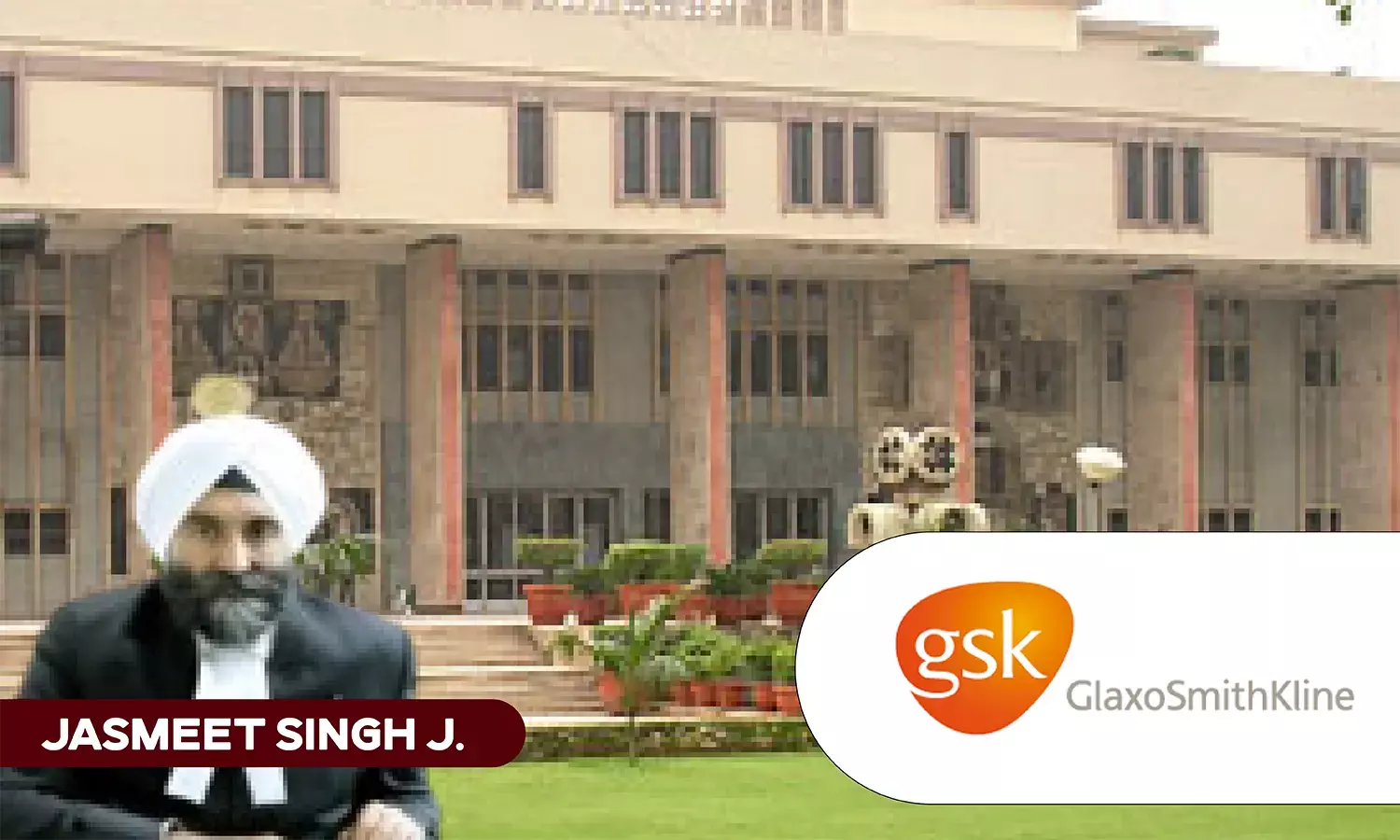Court In Execution Petition Can Arrive At Finding That Products Of Judgment-Debtors Are Infringing Trademark Of Decree Holders: Delhi HC In Glaxo Group’s Plea
The Delhi High Court reiterated that the court in an execution petition can arrive at a finding that the products of the judgment-debtors are similar and infringing the trademark of decree-holders.
The Court was dealing with an execution petition filed by Glaxo Group Limited seeking execution of a decree passed by the High Court.
A Single Bench of Justice Jasmeet Singh observed, “The view of the Coordinate Bench of this Court as well as the Hon’ble Supreme Court is that the Court in an execution petition can arrive at a finding that the products of the judgment-debtors are similar and infringing the trademark of the decree-holders, in order to execute the decree of injunction, can pass orders subsequently. The Hon’ble Supreme Court has also held that it is immaterial if the term or directions in a decree is contrary to law. The Executing Court cannot go behind the same, and has to give effect to the decree.”
Advocate Shwetasree Majumdar represented the decree holders while Advocate Sucharu Garg represented the judgment debtors.
In this case, Glaxo Group sought execution of a decree in a case in which the suit was decreed in accordance with the plaint as well as the joint compromise application. The suit was filed by Glaxo Group seeking injunction against the acts of defendants (judgment debtors), infringing the plaintiff’s registered trademarks. They attempted to misappropriate the plaintiff’s exclusive and proprietary suffix ‘RIX’ in relation to vaccines by adopting the marks ARIBRIX, OPRIX, and PARARIX.
In terms of the joint compromise application, the suit was decreed and hence, the execution petition was filed before the High Court, seeking enforcement of the decree. It was stated that the judgment debtors were infringing the trademark of the decree holders by using the mark ‘BETNEVIN’ and with similar packaging as of their trademark ‘BETNESOL’.
The High Court after hearing the contentions of the counsel noted, “This Court in Essco Sanitations v. Mascot Industries (India), 1982 SCC OnLine Del 110 in almost similar circumstances in an execution petition restrained the judgment-debtors from adopting a similar mark.”
The Court further relied upon the judgment of the Supreme Court in the case of Chittoori Subbanna v. Kudappa Subbanna, 1964 SCC OnLine SC 322 in which it was held that it would not be right for a court to characterise a term of a decree which upon its face appears to be clear and complete, as being vague or incomplete merely because in its view that term is erroneous and then proceed to interpret it. It was further held that so far as a court whose duty it is to give effect to a decree of a court of competent jurisdiction is concerned, it is immaterial whether the term or direction as it stands is contrary to law.
“… the decree dated 01.12.2017 is required to be executed. I am also of the view that the product and packaging of the judgment-debtors is similar to and infringing the product and packaging of the decree-holders. For the said reasons, the judgment-debtors are restrained from using the mark ‘BETNEVIN’ and the product and packaging similar to ‘BETNESOL”, it ordered.
Accordingly, the High Court disposed of the execution petition, granting liberty to the decree holders to revive in case of any further infringement.
Cause Title- Glaxo Group Limited and Others v. Rajiv Mukul and Anr.
Appearance:
Decree Holders: Advocates Shwetasree Majumdar, Tanya Varma, Shilpi Sinha, and Vardaan Anand.
Judgment Debtors: Advocates Sidharth Bambha and Sucharu Garg.




